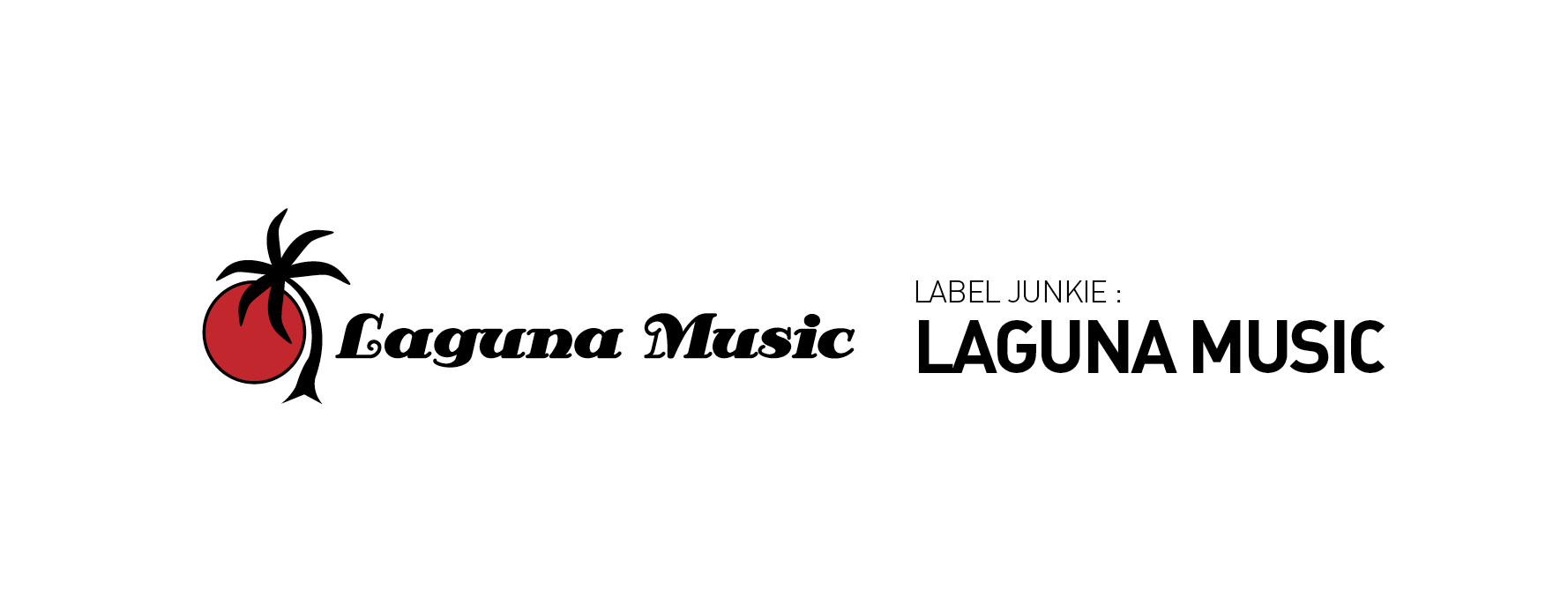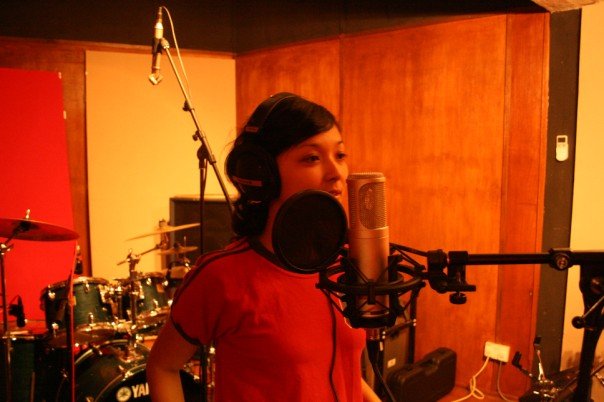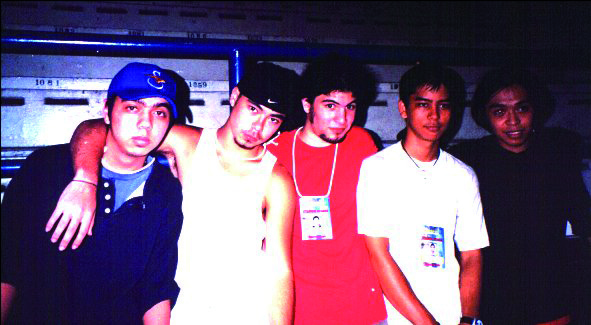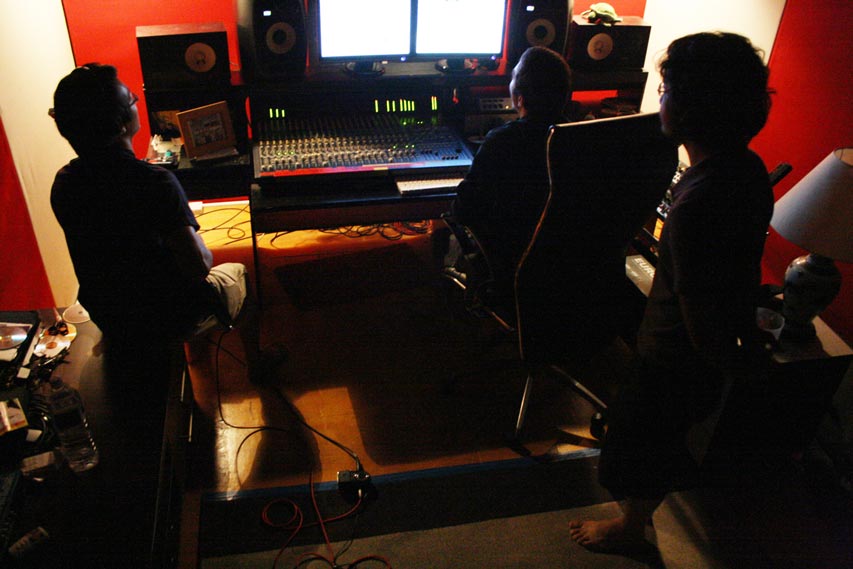Laguna Music’s Long & Uneasy Life of Producing Local Music
 Thirsty for JUICE content? Quench your cravings on our Instagram, TikTok and WhatsApp
Thirsty for JUICE content? Quench your cravings on our Instagram, TikTok and WhatsApp
It had been about 10 years since the death of Cobain. Gawd-awful drop-D bands like Limp Bizkit and Korn were dominating the charts, as did new pop punk bands like Blink 182 and a white boy called Eminem. MTV was going through a phase whereby they cut back showing music videos in favour of reality TV shows. The lead singer of Sugar Ray was going out with Madonna. So much for setting the mood…
In Malaysia, the internet was finally showing some promise with a faster broadband speed that kids used to consume the latest offerings from acts abroad. This opened a door to limitless influences flooding in. No longer did we have to wait six months for the next trend in music, fashion or even awkward social ‘movements’ (aka planking) to hit our shores. After the early ‘00s, a band didn’t have to necessarily play rock music. If Positive Tone turned the pages of the local band scene from metal poop to indie pop, then Laguna Music followed through and brought the likes of urbanised band-driven music, from Seven Collar T-Shirt to Yuna, into the homes of the masses.
As the last surviving local indie label to have emerged from the turn of the millennium, Laguna started with humble beginnings. Meet Prana, whose drummer and turntablist, brothers Jeffrey and Jeremy Little, formed Laguna in 2002 after a dispute with their label, NSR. Prana had issues with the creative side of the business – photo shoots, videos, and album covers – something almost never heard of these days after the fall of the majors. Laguna, then, became the Little brothers’ DIY solution to putting out their band’s releases Greenhouse Effect and later, Disc 03. Wanting to develop the music of their peers as well, they hooked up with Seven Collar T-Shirt – a band they met during Prana’s involvement with (under NSR) Posse Records’ Family Day compilation.


“There are pros and cons of producing a band. One of the cons is that you’ll be sick of the album when it comes out,” revealed Jeffrey over the phone to us. The Ocean Institute Sound Engineering graduate has helmed the console over at Laguna’s studio since the start. “I just did it ‘cause I didn’t know what to do after college. I just wanted to do something to do with music.” Though Jeffrey, who is currently producing the new Damn Dirty Apes (DDA) album, was quick to point out that Laguna does not have any intention on signing new bands.
After five years of striving as an indie label, the Little brothers decided to expand. With their studio (still one of the cheapest places in town to lay down an instrument or vocal track) gaining business and Seven Collar T-Shirt making ripples with their live shows, Laguna Records became Laguna Music and eventually took on the distribution rights, based on Jeffrey’s personal taste for reggae and hip hop, for Easy Star Records (Easy Star All-Stars’ label) and Stones Throw Records.
What’s more interesting is that Laguna made a concerted move to sign up and/or distribute promising local acts like Estrella, Pure Vibracion, Guba, Lab The Rat, Halfway Kings, and Yuna. Jeffrey maintained his craft as a producer and influenced the sound of each album he worked on. With Estrella, the band that launched the career of Liyana Fizi, Jeffrey was into a lot of bossa nova and Latin drumming during that period, which consequently inspired the album’s neo jazz sound.

However, in keeping up with the changing times, Jeffrey himself had gotten a little more jaded if not realistic. “Nowadays, it’s kind of hard to survive just on selling records with the internet around. It was quite a passion… I’ve done a lot of pro bono work for new bands… done a lot to help artistes that might not make it. But now, honestly, entertainment has evolved into a social thing. Now it’s all online. So bands don’t see any more point to do it.”
Laguna itself had to make some cutbacks, triggered even more so by the untimely passing of Jeffrey’s brother, Jeremy Little. “We’ll continue with the older bands because they have albums coming out. We’re still a label… just a tightly knitted one. We’re not singing new bands anymore. Also, it’s not the same doing it without my brother around. It’s teamwork. He handles marketing, distro, and stuff. So, we don’t want to go into it halfway, especially with new bands.”
No doubt this isn’t the golden age of rock bands anymore. Most of today’s talent favours laptops and mixers. If anything, more kids are ditching their guitars now to become DJs. Jeffrey’s insight into this: “Honestly, if bands want to survive, they have to do it on their own. That’s why a lot of bands can’t survive. They have to have merchandise, not just music in the digital age. Music is another brief indulgence now. You just type it in, you see it a couple of times, and then you’re done.”
“There’s no point to plan too big. We’re not trying to make a change in the music industry. It’s kind of hard with all the majors. I don’t have the money or the kiss-ass-ing attitude to do it,” admitted Jeffrey. All gloom and doom one would think, and yet Laguna is still around, albeit with only older bands like DDA, Pure Vibracion, and Seven Collar T-Shirt. Hardly defeatist in philosophy and practicality, the label head was more pragmatist as he offered us this bit of truism; “Urban music is a niche market. And it’s gonna be hard. But if you’re doing it for passion, you’ll have a proper job. Music is on the side, but it’s a big side. It’s a known thing, if you’re doing music in Malaysia it means you’re doing it for passion. Do it for the sake of making music. Bands come and go.”
And that’s a piece of advice from Jeffrey you can completely trust. Think about it – while Laguna is “definitely not the smartest, [it is] the longest [active] indie label” in Malaysia. ‘Nuff said.

 Get Audio+
Get Audio+ Hot FM
Hot FM Kool 101
Kool 101 Eight FM
Eight FM Fly FM
Fly FM Molek FM
Molek FM